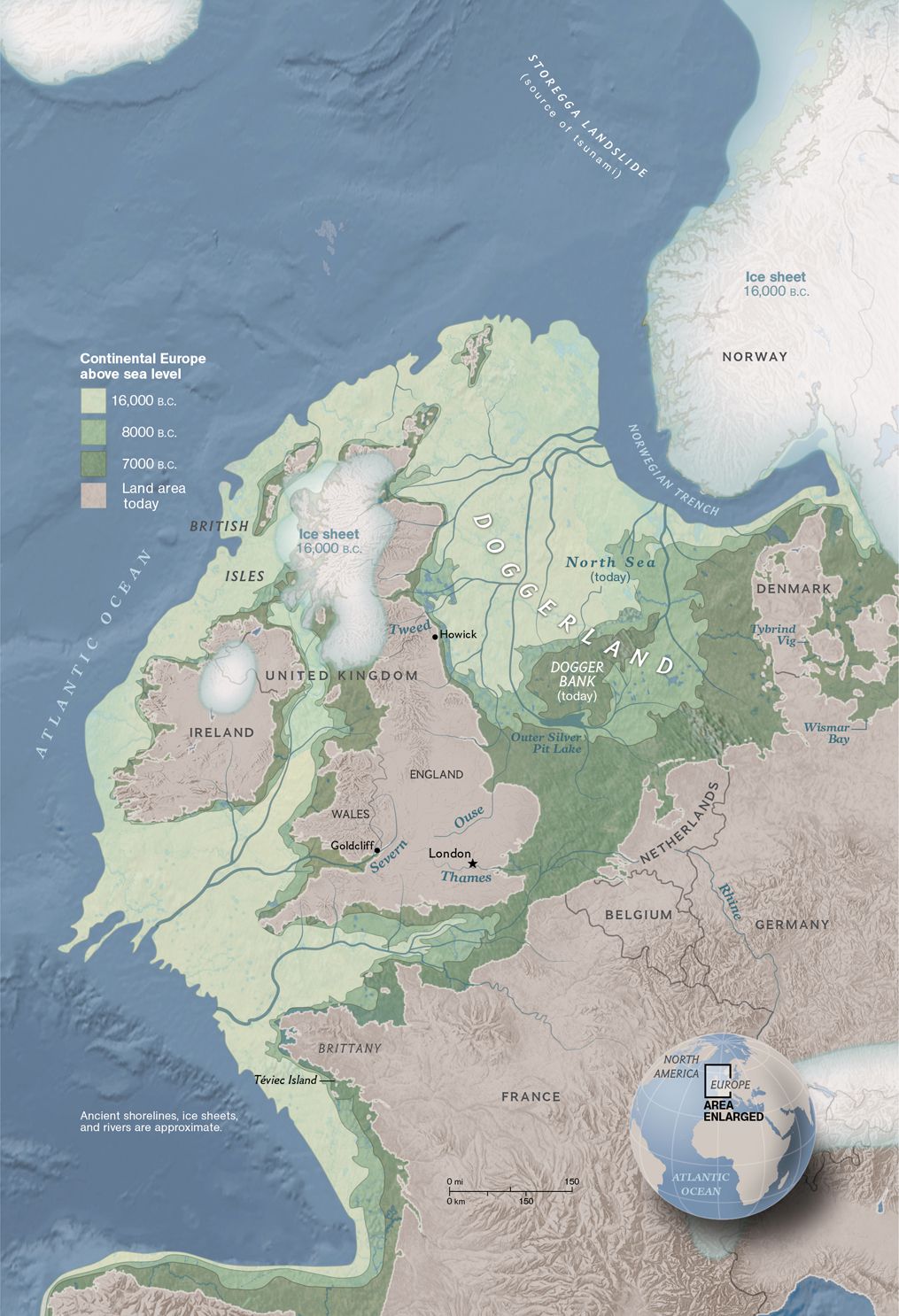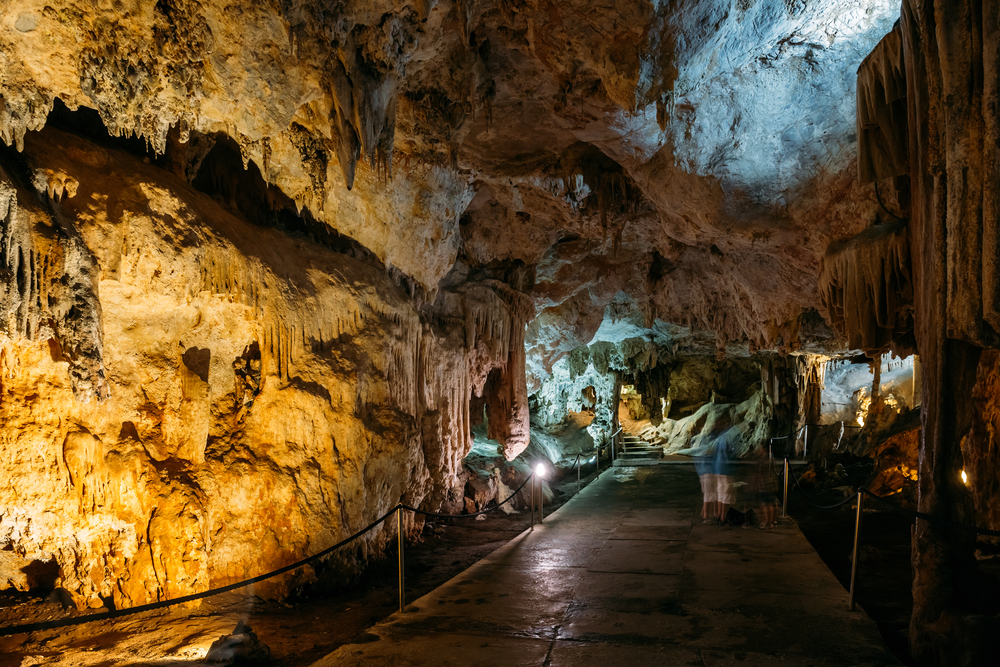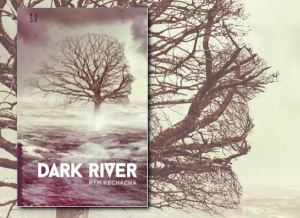DARK RIVER by Rym Kechacha (Book Review)
 I’ve been keen to read Rym Kechacha’s debut novel “Dark River” from the moment I heard about its central premise, twin timelines set 8000 years apart following two women, Shante and Shaye as they negotiate the perils of different eras of climate change.
I’ve been keen to read Rym Kechacha’s debut novel “Dark River” from the moment I heard about its central premise, twin timelines set 8000 years apart following two women, Shante and Shaye as they negotiate the perils of different eras of climate change.
There is a literary feel to this book, not just in Kechacha’s eschewing of speech marks, but also in the lyrical prose that has plenty of lines to catch the eye and conjure a smile. Shaye from the distant past watches her son Ludi at play
He doesn’t seem to think of her now, his mind lives in the sweet stretch of his limbs as he loops and weaves around his friend.
Or when Shante from the future timeline hears her son Zeb talk of his day
He’s telling her one of his stories that has no ending, a parade of statements linked by and, and, and.
Which parent has not heard their offspring launching into a ‘parade of statements’?
Or when Shaye uses preparation for a journey to distract herself from thoughts of her absent lover.
It is good to keep her mind busy…Then she will not imagine Marl’s knees gently nudging her thighs apart, nor see his head ringed by the dappled light of the canopy.
However, as well-crafted and engaging as the prose is, it was Kechacha’s choice of setting and in particular the early timeline that snagged my attention and made me determined to experience this book.
Kechacha takes as her past setting the world of Dogger Land, a once fertile region that was submerged beneath the inflooding North Sea at the end of the last Ice Age. I am enthralled by the idea of that now flooded landscape where the English Channel was once just the extension of the great Rhine river, fed by tributaries from the highlands that became the French and English coastlines. The flood myths that pervade so many mythologies must surely have their origin in the experience of that sea level rise passed down through oral tradition.

https://www.nationalgeographic.org/maps/doggerland/
Kechacha’s depiction of Shaye’s world as a hunter gatherer is well researched with a fascinating verisimilitude in the detail she gives of a community that understood its environment and fed itself from the many fruits of the forest. I have read a non-fiction account of Dogger Land, The Remembered Land by Jim Leary who tried to explore and hypothesise the experience of people living in that pre-historic era of catastrophic climate change. Much as Bernard Cornwell’s Warlord trilogy threaded a compelling story through the few beads of fragmentary historical evidence for the existence of King Arthur, so too Kechacha presents a convincing personal account of living in those times that aligns well with our limited anthropological evidence. For example, as time slips from summer season – which Shaye’s people term “plenty time” into the harshness of winter – she has her nomadic tribes migrate towards the coast gathering in the caverns at the high sea cliffs where sea fishing may supplement what land gathering has forgone.
Last summer on holiday in Spain, I got to visit the prehistoric caves in Nerja. Kechacha’s presentation of time and place resonates with that experience of seeing the kind of lived lives of a lost people. I could picture Shaye and Ludi resting with many others in a great gathering of peoples in just such a sanctuary of safety and security.

https://www.ruralidays.co.uk/travel/nature-environment/caves-of-nerja-spain/
We first meet Shaye when a stranger comes to the camp she shares with a group of women and urges they come to the coastal gathering early because times and the world are changing. The menfolk of the tribe, including Marl, Shaye’s former lover and father of her young son, went hunting some time ago and have not returned. She hopes they may be re-united in the coastal caves but the journey there, for the women folk and Shaye’s pregnant sister, is neither swift nor straightforward.
This draws the direct parallels with the future time line in Kechacha’s story where Shante, wedding musician, waits for the travel documents to authorise her and her son’s migration North from her home in a steadily flooding city (which I assumed to be London though I don’t recall the book ever stating it as such). Shante hopes to be reunited with her husband who travelled ahead to find refuge and employment in a Northern City. Antti Toumainen’s novel The Healer has the same sense of a disintegrating capital (Helsinki) and a populace eager to escape the rising waters in the assumed safety of a Northern settlement. Shante eventually sets out in company with her sister Grainne and Kechacha flicks between Shante and Shaye on their respective road journeys.
There are rich parallels to be drawn between situations which Kechacha has set up almost as mirror images of each other. Both women face the consequences of sea level rise poisoning their way of life. Both have people railing at their betrayal by a landscape and environment that has forsaken them. Some rage for answers, some offer solutions, others just curl up in despair. Shaye is much more at ease with her environment, happy enough sleeping under stars and nose to nose with the wildlife. Shante, forced by circumstance into a similar journey through an ill-mapped forest, is far less comfortable without the crutch of contemporary technology.
There is peril in both women’s journeys, though Kechacha never descends into kick ass thriller. The focus is always on her central characters and their response to the dilemmas they face. Tension ramps up slowly, steadily, more than coming in waves or peaks. It is a tale of women against the environment and ultimately how they come to terms with that. That’s not to say the plot is without twists, and there was one scene where I found myself thinking, even prehistoric women struggled against a glass ceiling and risk of their rationality being mansplained away. Nonetheless the sense of foreboding builds as the book approaches its twin conclusions.
People often say “the sea doesn’t care“, and both Shaye and Shante, for all the intricate detail of Kechacha’s insights into their humanity, have to come to terms with their own smallness. As Shaye’s past timeline draws to its impeccably accurately researched close and Shante confronts a reality that feels especially prescient amidst the turmoil of the first half of 2020, both women might find themselves agreeing that “the sea doesn’t care.”
Dark River is a fascinating and thought provoking braid of stories that certainly prompted me to reflect on the essential smallness of even the most intense human experience.

